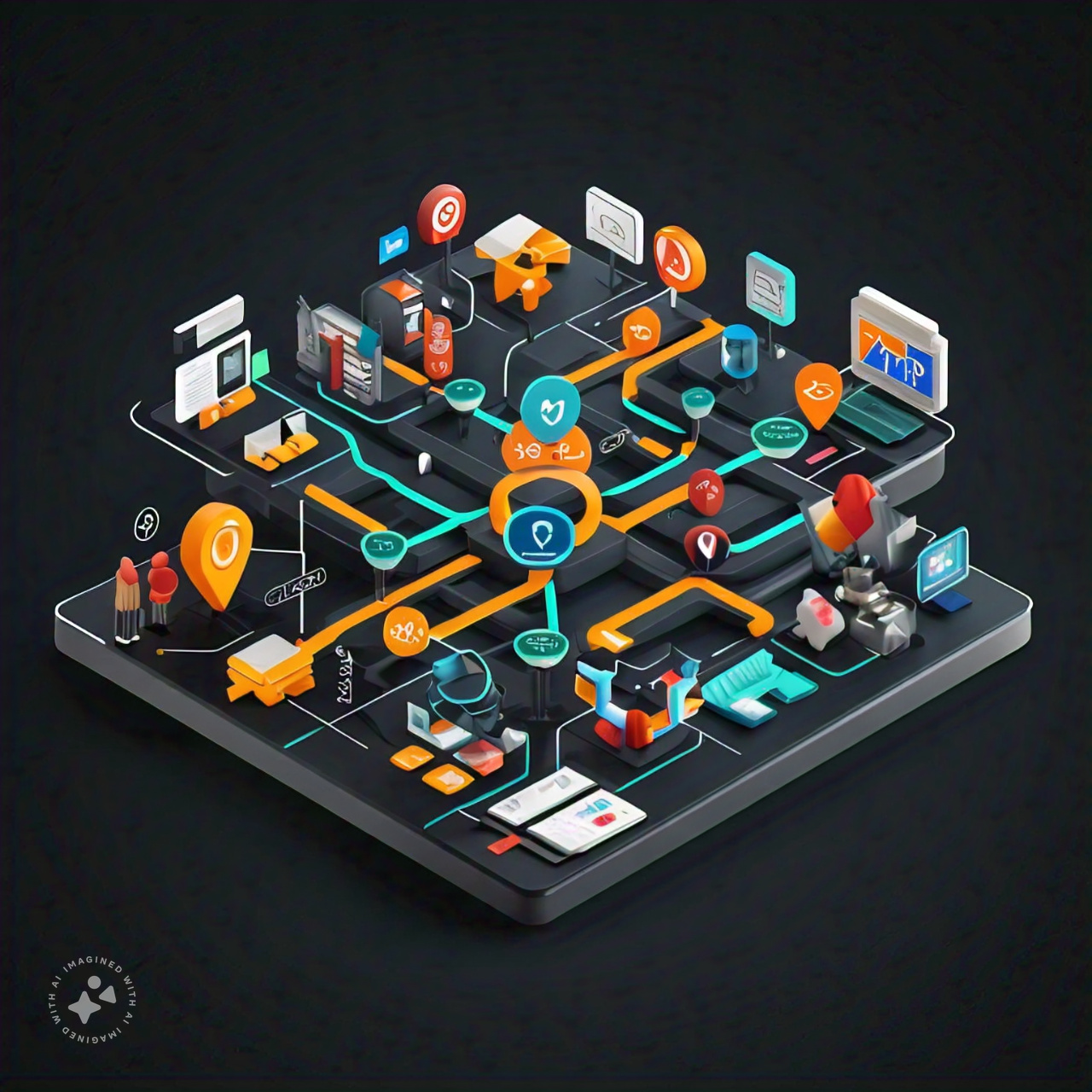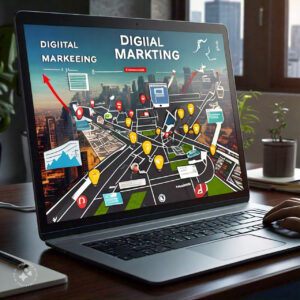Digital marketing is the Practice of Promoting Products, Services, or Brands Through Digital Channels and Technologies.
Here’s a breakdown of key aspects of digital marketing:
1. Digital Marketing Channels
- Search Engine Optimization (SEO): Optimizing websites to rank higher on search engine results pages, driving organic traffic.
- Content Marketing: Creating and sharing valuable content (like blogs, videos, and infographics) to attract and retain an audience.
- Social Media Marketing: Using platforms like Facebook, Instagram, LinkedIn, and Twitter to connect with audiences and promote brands.
- Email Marketing: Sending personalized emails to engage potential customers or keep existing ones informed.
- Paid Advertising (PPC): Running paid ads on platforms like Google Ads or social media to drive targeted traffic.
- Affiliate Marketing: Partnering with individuals or companies who promote your products for a commission on sales.
- Influencer Marketing: Collaborating with popular influencers to reach their followers and expand brand awareness.
2. Key Components of Digital Marketing
- Analytics and Data Tracking: Using tools like Google Analytics to measure the effectiveness of campaigns, understand user behavior, and improve strategies.
- Customer Journey: Mapping the stages a customer goes through, from awareness to consideration to conversion.
- Personalization and Automation: Tailoring content and marketing messages based on user behavior, preferences, and demographics.
3. Benefits of Digital Marketing
- Targeted Reach: It allows precise targeting based on demographics, behavior, interests, and geography.
- Cost-Effectiveness: Compared to traditional marketing, digital marketing can be more affordable with higher ROI.
- Measurable Results: Provides detailed analytics and insights into campaign performance.
- Flexibility and Scalability: Digital campaigns can be adjusted quickly, and marketing efforts can scale as the business grows.
4. Types of Digital Marketing Strategies
- Inbound Marketing: Attracting customers by providing valuable content and experiences tailored to them.
- Outbound Marketing: Directly pushing messages to a broader audience, often through ads or sponsored content.
- B2B vs. B2C Digital Marketing: Business-to-business (B2B) marketing focuses on professional relationships, while business-to-consumer (B2C) marketing targets individual customers and often has a more direct approach.

